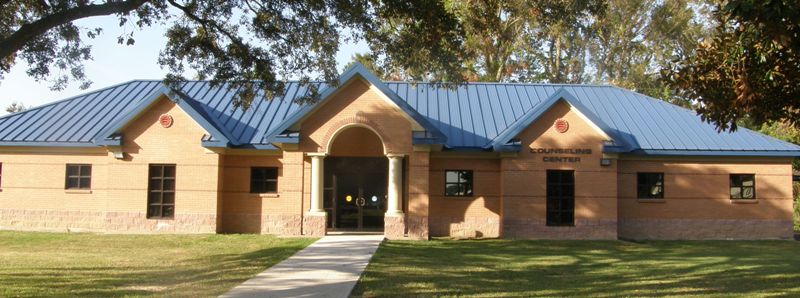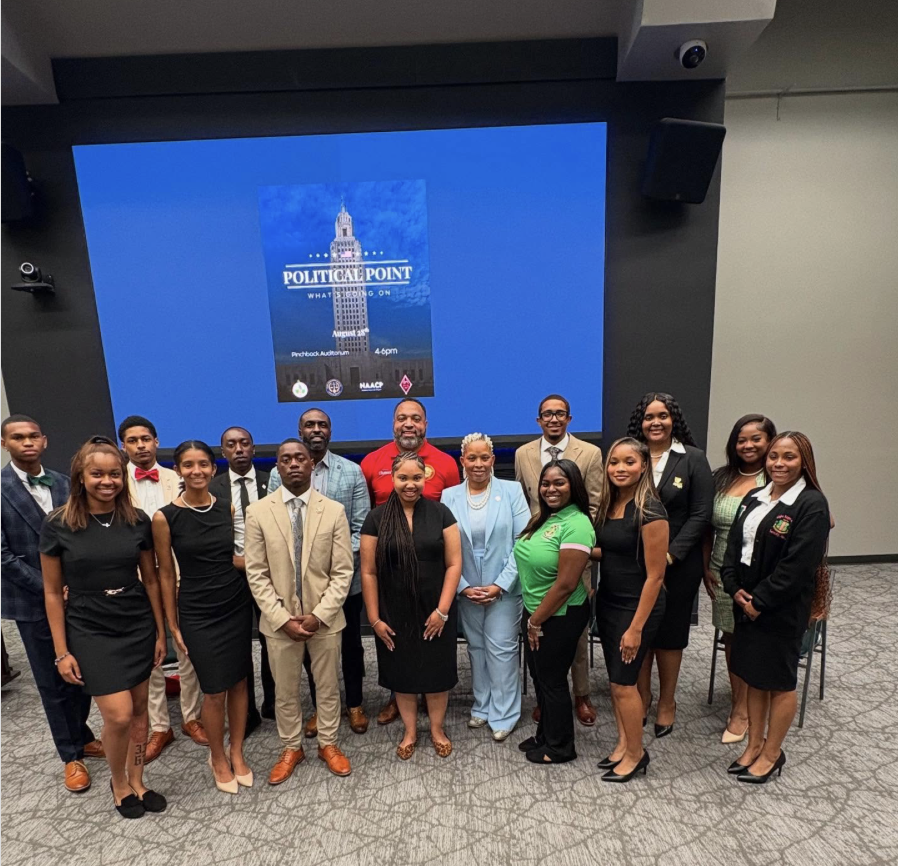In the months following the Virginia Tech shootings and the recent massive amounts of reported college campus violence and incidents, the questions of how safe a college campus is and the university officials’ ability to execute and follow set protocol, has become an important part of conversation.
At least five major university and college shootings have made national headlines both in the United States and abroad since the beginning of the 2008-2009 academic year. Shootings occurring in the local Baton Rouge area on the Louisiana State University campus in early January and on the Louisiana Technical College campus during the month of February have caused the deaths of five students and have captured the attention of those that frequent the Southern University campus.
According to officials at the office of Technology and Network Services, Southern University has signed an agreement in efforts to comply with the State of Louisiana Board of Reagents to provide an emergency notification system.
FIRSTCALL, the emergency contact system is a 24-hour telephone warning system aimed to alert students, faculty and administration of warnings, advisories and other critical information concerning the Southern campus.
Although it is unclear where the idea for an emergency contact system originated, officials believe that the incidents that occurred on the campus of Virginia Tech last April, played an important role in getting the idea mobilized quickly.
The university has sent e-mails via the campus email system, posted announcements on Blackboard and the official Southern University website, as well as run ads on the campus television station.
Participants in the emergency notification system will need to voluntarily enroll and officials from the office of Technology and Network Services are urging everyone to register in order to maximize the effectiveness of the system. For questions or assistance, contact officials at the office of Technology and Network Services.
ValaRay Irvin, Director of the University Counseling Center, located in the rear of the campus near the Baranco-Hill Health Center understands that the counseling center would obviously be a secondary source in the case of an emergency or crisis, but stresses the importance of personal health to both students and administration.
“People tend to put negative connotations with counseling, as opposed to counseling being about personal growth. For me, helping people understand what is wrong makes sense,” said Irvin. The University Counseling Center (UCC) offers crisis incident response training to student residents, as well as collaborates with campus SUPD, the department of psychology and a list of other departments in an effort to dispense information and increase awareness on various issues.
The UCC is a Title III sponsored program that offers free services including crisis prevention, outreach and consultation and individual therapy. Officials with the UCC urge all individuals to log on to www. subr.edu/counselingcenter for more details about the counseling center and the services it provides. Irvin also noted that the counseling staff is very protective of client privacy.
“Our work is governed by strict confidentiality laws and ethics…and what you discuss here is not a part of university records,” said Irvin.
Michael Morris, chief of police for the Southern University Police Department, remains constant in his belief that when and if a crisis occurs, that SUPD is more than qualified to handle the given situation.
Morris gave an overview of the Ready Campus plan, which affords the SUPD training through CERT (Community Emergency Response Team) in order to properly plan and respond to various crises.
CERT training also allows for partnerships with local law enforcement agencies with the understanding of each individual agency’s purpose and role when responding to an emergency, with SUPD being the first-response agency.
Reginald Brown, a sophomore mechanical engineering major from Tacoma, Washington and Southern campus resident, feels completely confident in SUPD’s ability to maintain campus security.
“Someone broke into my room last semester, but I called the SUPD and they responded quickly… other than that, I have not ran into any trouble.”
Morris went on to highlight some of the various methods that the SUPD officers use, one method being “active shooter mode,” which enables SUPD to be prepared to diffuse a given situation using strategic tactical training.
“Everything that we do is by policy…” said Morris, who added, “On the SUBR website, the Emergency Response Plan is there and I suggest that everybody should read it because they should know where it is and know what to do in the event of an emergency.” SUPD also trains in the areas of threat and resource assessment, stressing the importance the traffic officers’ role is in keeping the campus safe and helping protect and prevent various criminal elements from occurring around the campus.
Aside from obvious methods of protection including traveling with others at night when possible and being alert and aware of your surroundings, officials recommend those that frequent the Southern campus to follow the proper parking procedures, respect the checkpoints and report suspicious activity as soon as possible.
SUPD looks forward to adding seven more officers to its office and updated technology for its squad cars, as well as the possibility of some new innovative patrolling methods in the near future.
Categories:
SU strengthens security and re-affirms faith in safety
March 14, 2008
0
More to Discover





